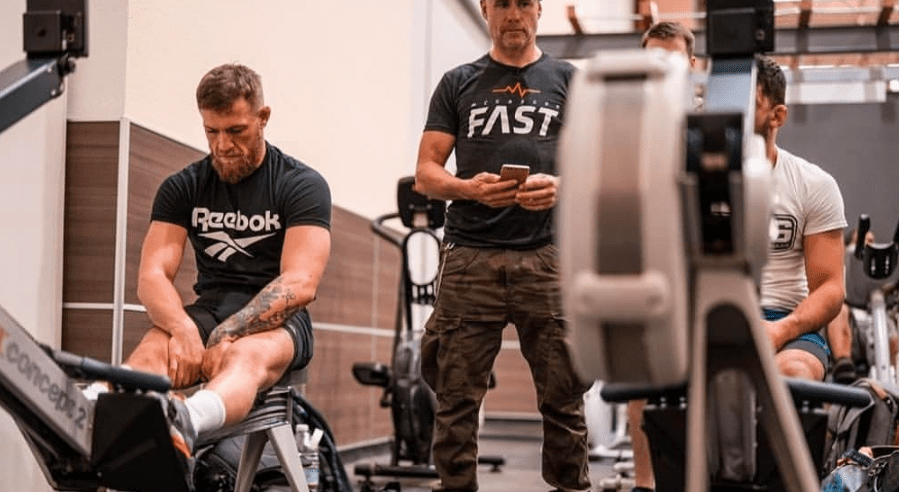For some, waking up the morning after an intense workout with your muscles aching is like a badge of honour.
It is a reminder that you put enough work in the previous day to strain your muscles in the hope of them rebuilding themselves stronger, leaner and fitter. Of course, there is a massive distinction between a few aches and pains and actual injury, the latter of which should be avoided at all costs — primarily by understanding your own limits in the gym and setting yourself realistic, manageable goals.
However, the ‘no pain, no gain’ mantra isn’t always the right approach. Sometimes those lactic acid aches that your body gives you can be a message to slow down, or a warning from your body to your ego that you are biting off a little more than you can chew. A tired, damaged muscle is at far more risk of tearing compared to the opposite, and can be alleviated by beginning your workout at a slow pace before gradually amping it up.
How do we prevent those muscles from getting sore in the first place? There are a few methods which you should have on your mind in advance of, and during, your workouts so as to give yourself the best possible chance to avoid injury.
Warm Up Properly
It can be very tempting, particularly with our tight schedules nowadays, to overlook the necessary warm-up routines that we should all do before any type of mildly physical activity. A proper full-body warm-up (stretches, cardio etc.) literally does as the name suggests, increasing your body temperature in preparation for the shock your body will go through with a full workout.
Be Adequately Hydrated
Your muscle pain will increase if you do not have sufficient electrolytes in your system, so it is recommended by health professionals to ingest easily digestible drinks which won’t cause an upset stomach. Protein shakes, often the go-to post workout supplement for many of us, isn’t ideal in this scenario as the protein can play havoc with your stomach, so something non-offensive like the various sports drinks you find in your local corner store is best.
Have an Ice Pack Ready
Keep an ice pack ready to go in your freezer for those times when your body is telling you that you may have over-extended yourself in the gym. Direct, prolonged application can significantly reduce inflammation as well as dulling any mild plain which may arrive.
Do More Cardio
A sustained cardiovascular workout increases blood flow around the body, aiding the delivery of protein, nutrients, oxygen and iron around your system which will help you recover quicker. In addition to that, as blood leaves your muscles it takes with it some of the toxins (carbon dioxide, lactic acid) which are produced by your metabolism which can often lead to delayed onset muscle soreness.




